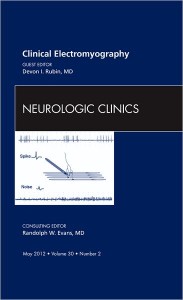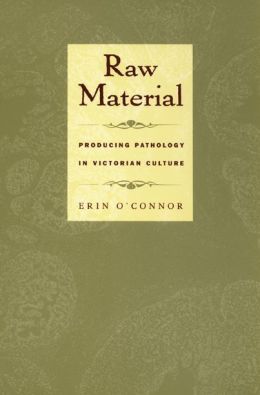Understanding Cancer’s Multifaceted Dimensions
Comprehending the intricate nature of cancer is paramount for nurses seeking to provide compassionate and evidence-based care to affected patients and their families.
Cancer, a heterogeneous group of diseases, arises from the uncontrolled growth and proliferation of abnormal cells. These cells have the ability to invade surrounding tissues and spread throughout the body, a process known as metastasis. The root causes of cancer are complex and multifaceted, encompassing genetic mutations, environmental factors, and lifestyle choices.
Genetic Mutations:
Genetic mutations play a significant role in the development of cancer. These mutations can alter the function of genes involved in cell growth, proliferation, and repair. Some mutations are inherited, while others occur spontaneously or as a result of external influences such as carcinogens or radiation.
Environmental Factors:
Environmental factors such as exposure to tobacco smoke, ultraviolet radiation, and certain chemicals have been linked to an increased risk of developing cancer. These external agents can damage DNA, leading to mutations and the subsequent development of cancer cells.
Lifestyle Choices:
Lifestyle choices, including diet, exercise, and alcohol consumption, can also impact the risk of cancer. Obesity, a sedentary lifestyle, and excessive alcohol intake have been associated with an increased risk of developing certain types of cancer. Healthy lifestyle choices, such as maintaining a balanced diet, engaging in regular physical activity, and limiting alcohol consumption, can help reduce the risk of cancer.
Clinical Manifestations:
The clinical manifestations of cancer vary depending on the location, stage, and type of cancer. Common symptoms may include:
- Lumps or masses in the body
- Persistent pain
- Fatigue
- Weight loss
- Changes in bowel or bladder habits
- Abnormal bleeding
- Skin changes
- Persistent cough or hoarseness
Diagnosis and Treatment:
Diagnosing cancer involves a comprehensive evaluation, including physical examination, imaging tests, and biopsies. Treatment options vary depending on the type and stage of cancer, and may include surgery, chemotherapy, radiation therapy, immunotherapy, and targeted therapy.
Nursing Care:
Nurses play a vital role in providing supportive care to cancer patients throughout their journey. Their responsibilities include:
- Assessing and managing symptoms
- Educating patients and families about cancer and its treatment
- Providing emotional support
- Advocating for patients’ rights
- Collaborating with other healthcare professionals
Conclusion:
Understanding cancer’s multifaceted dimensions is essential for nurses to provide effective, compassionate, and evidence-based care to patients and families affected by this disease. Nurses must stay abreast of the latest advancements in cancer research and treatment to ensure that they deliver the highest quality of care.
maybe you like these too:
- Practical Radiation Oncology for Surgeons, An Issue of Surgical Oncology Clinics, 1e (The Clinics: Internal Medicine)
- Cancer Genetics: A Clinical Approach (Original PDF from Publisher)
- 2022 ASTRO Annual Refresher Course On Demand (Videos)
- Breast Cancer, An Issue of Hematology/Oncology Clinics of North America, 1e (The Clinics: Internal Medicine)










Reviews
Clear filtersThere are no reviews yet.